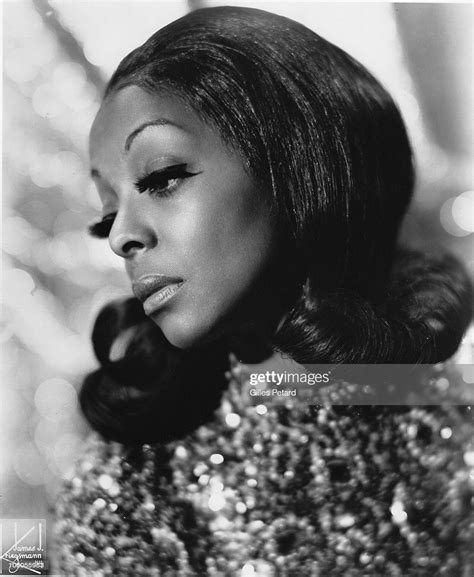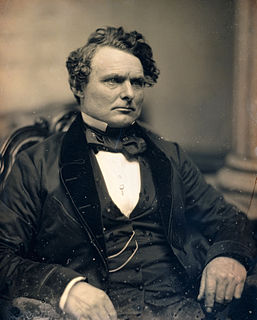A Quote by Catherine Brady
I love the way a story's ending can force you to read backwards. It's as if you are slowly adjusting a kaleidoscope until a random scattering of colored crystals suddenly falls into a beautiful symmetrical pattern.
Related Quotes
The libertarian approach is a very symmetrical one: the non-aggression principle does not rule out force, but only the initiation of force. In other words, you are permitted to use force only in response to some else's use of force. If they do not use force you may not use force yourself. There is a symmetry here: force for force, but no force if no force was used.
Seasons may change winter to spring, but I love you until the end of time Come what may, come what may, I will love you until my dying day Suddenly the world seems such a perfect place Suddenly it moves with such a perfect grace Suddenly my life doesn’t seem such a waste, it all revolves around you. And there’s no mountain too high no river too wide Sing out this song and I’ll be there by your side Storm clouds may gather and stars may collide But I love you until the end of time




































